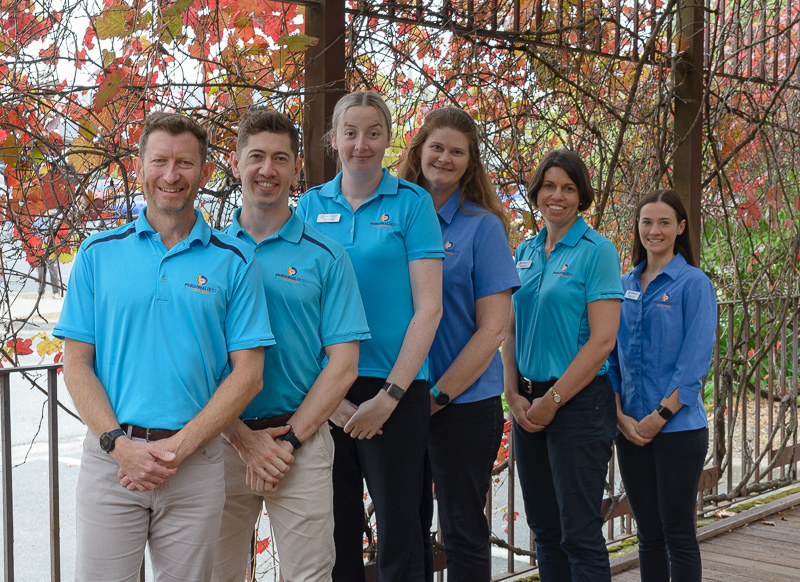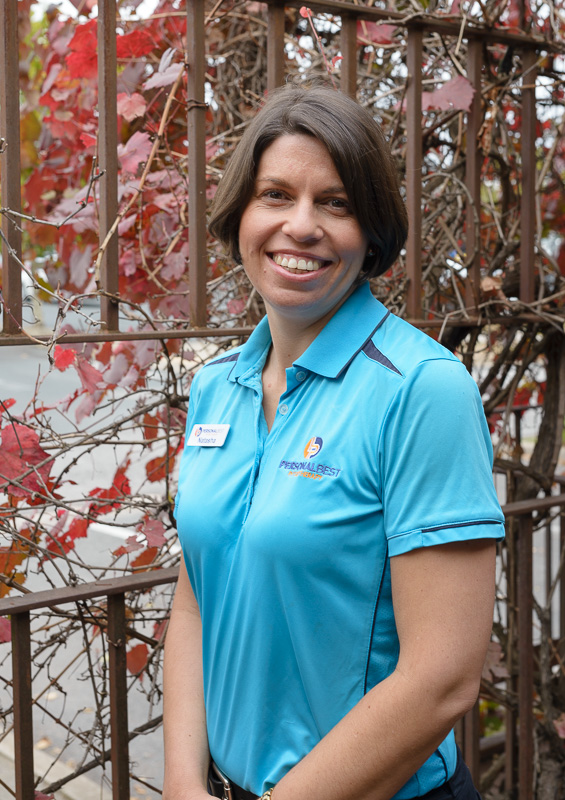Throughout high-school, when trying to decide what career I wanted to pursue, I had considered physiotherapy but honestly didn’t know much about it! I’d never actually been to a physio myself and other interests at the time led me to working for a number of years in environmental management. What I hoped would be an outdoors job in the field was in reality a lot of time spent in an office in front of a computer, so it was back to school!
Physiotherapy requires you to be very systematic. You must collect all the available information, filter out what is and isn’t important, then use your problem solving skills to diagnose a patient’s problem. This way of thinking fits well with my science background. Physiotherapy also requires excellent communication skills to find out what’s important to the patient and develop a plan together to reach their goals while fitting in with the demands of daily life, a great challenge!
Throughout my studies I was also able to see the wide scope of physiotherapy as there’s many directions you can take it. I worked on acute neurological wards helping people to walk again following strokes, did hydrotherapy in the pool with people recovering from hip and knee replacements and did home visits to assist people in managing daily tasks after long stays in hospital. Probably the most rewarding experience was the time I spent in a remote community off the coast of far-north Queensland. It was great to be able to really help people move better or overcome some physical problem with nothing but the use of my hands and sharing the knowledge I’d gained through my studies.
I ended up settling on working in private practice as you often work with people over a number of weeks and really get to know them, their interests and can see them achieve their goals. That might be returning to sport, getting around the community without pain or just maintaining independence as they get older. There is also a strong emphasis on always improving our skills and knowledge. This can either be through sharing ideas with other therapists or completing courses where you can become an expert in a particular joint or method of treatment.
As a physiotherapist my job is not to just provide care but to provide encouragement and guide people along the way so they can function independently. A very satisfying career!
-Rob



